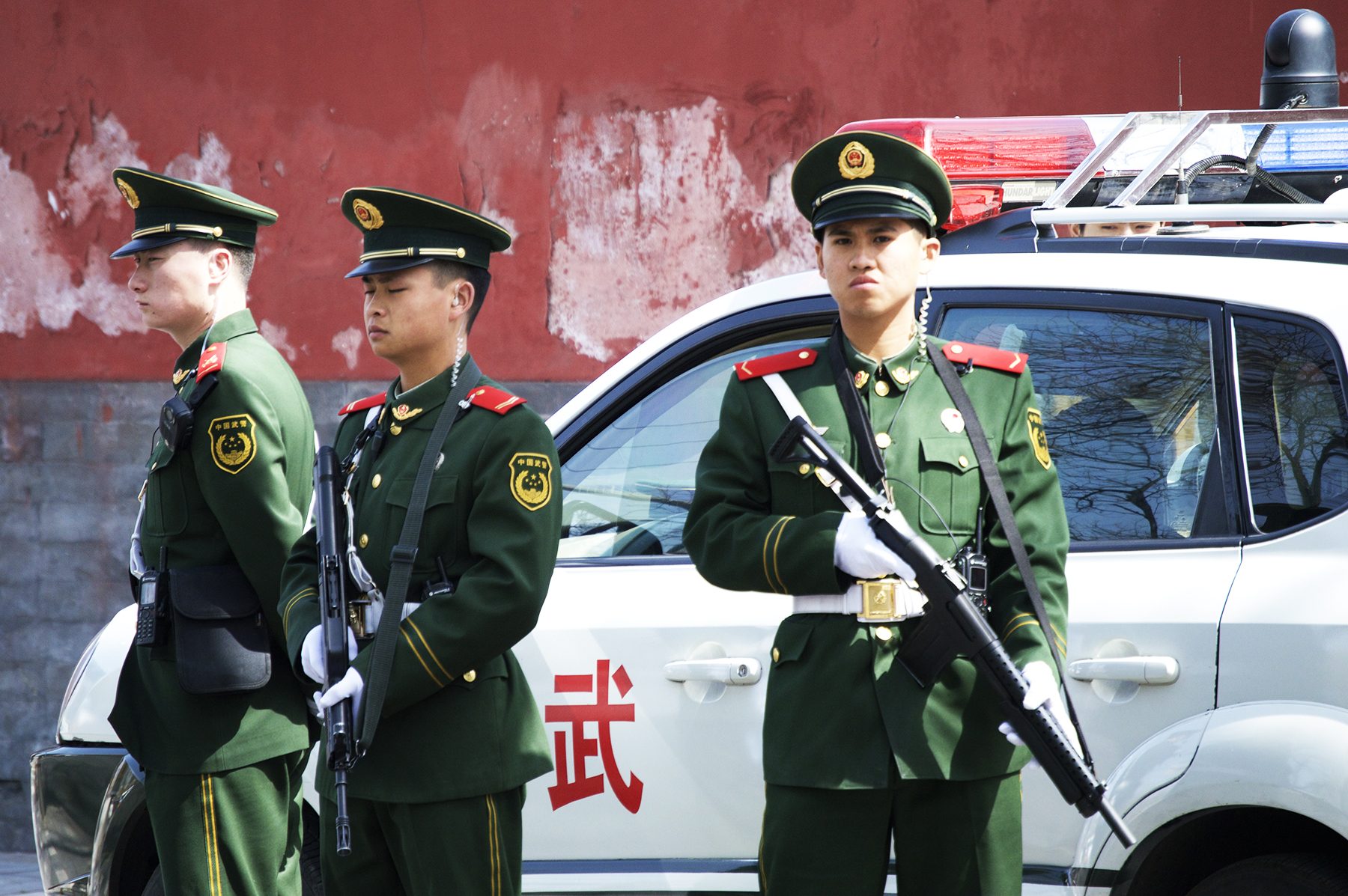
7 DECEMBER 2016
China is more likely to use Interpol to hunt down corrupt officials than political dissidents, Jie Chen writes.
The election of Meng Hongwei, a Chinese Vice-Minister of Public Security, as president of Interpol has raised concerns among human rights groups that China will use the international police organisation for a global hunt for political dissidents in exile. This is understandable since the Chinese police force is also tasked with clamping down on challenges to the party-state. However, overall this assumption underestimates both Beijing’s wisdom and its dilemma in handling dissidents.
China’s core dissidents overseas are activists in exile in the West, particularly in the United States, including Democracy Wall veterans, Tiananmen Square student leaders and intellectuals, and a host of other activists who became politicised while studying or living abroad. Though either wanted or blacklisted, evidence suggests that Beijing would rather they stay overseas forever, even though it joined Interpol in 1984. Some exiled Tiananmen Square student leaders, such as Wu’er Kaixi and Wang Dan, purposely staged return trips as publicity stunts to embarrass and provoke the authorities, only to find it was hard enough for them to sneak into Hong Kong, let alone any mainland Chinese airport. The New York-based Wang Juntao, the “black hand” of Tiananmen, was refused permission to attend his father’s funeral in China in 2013. Xiong Yan, a former Beijing student leader and now a US Army chaplain, was consistently rejected in his visa applications to meet with his dying mother during 2014 and 2015. A few others have been picked up at Beijing airport over the years and expelled after a few hours of interrogation.
Thus Beijing is more interested in imposing a permanent exile on the dissidents, in seeing them languish in their dreamed-about Western democracies because of linguistic and financial hardship and never-ending, reputation-destroying infighting. Some of China’s greatest public intellectuals from the 1980s died in exile. To seize, extradite and imprison dissidents for their “anti-China activities” will unnecessarily create diplomatic hot potatoes for Beijing and re-cast those ageing democracy fighters as heroes. What sense does it make for Beijing to request Interpol to use the crime of “subversion of the state” to assist in the extradition of those well-known dissidents who remain on Beijing’s most-wanted list but have become darlings of the US Congress and enjoy funding from the National Endowment for Democracy? Not even President-elect Donald Trump, who infamously praised the Chinese Government’s actions in the Tiananmen massacre, would oblige.
Certainly, a very small number of dissidents were abducted when venturing into Southeast Asia. As well as the recent cases related to Hong Kong booksellers and mainland activists trying to escape to the US and Canada via Southeast Asia, there is also that of Wang Bingzhang. Dr Wang, a pioneer of the first overseas Chinese democracy parties who also founded the China Springmagazine in New York in 1983, was kidnapped at the Sino-Vietnam border in 2002 in a secret joint operation between the two governments.
However, these opportunistic actions sound more like underworld operations. In places like Myanmar, Vietnam, and Thailand, authorities collude with Beijing, and shadowy ethnic Chinese elements are active. This comes in handy for Beijing and means there is little need for Interpol. On the contrary, involvement by Interpol may expose the nature of the cases. Additionally, Interpol’s official mandate forbids it from interventions that are of a political or religious nature.
Interpol may be used if a dissident can be conveniently labelled a “terrorist”. Wang Bingzhang was later charged with “terrorism” and sentenced to life imprisonment due to his loose talk on “armed revolution”. Though Beijing didn’t use Interpol to seize him, similar cases in the future may include them. However, dissidents usually don’t indulge in “armed revolution” rhetoric, for they are really acting like elements in an international branch of Chinese civil society – as social activists, diplomatic lobbyists, and online academics. This gives Beijing very little grounds to use an internationally accepted justification to request that foreign governments seize and extradite them. Wang was merely frustrated with the lack of Western support for human rights and democracy in his homeland.
One area where things are vague is the case of overseas Uighur activists campaigning for Xinjiang, or East Turkestan, self-determination. Beijing hesitates far less in alleging their connections to terrorist activities in Xinjiang. Indeed, Dolkun Isa, head of the World Uyghur Congress, has been placed on an Interpol Red Notice, which is “a request to locate and provisionally arrest an individual pending extradition”.
I believe Beijing’s motivation is principally to enhance Interpol’s role in tracking down and repatriating those fugitive officials originating from the mainstream party-state whom President Xi Jinping wants as part of his anti-corruption crusade. For example, of the 100 Red Notices issued by Beijing through Interpol last year as part of Operation Fox Hunt, not a single listed fugitive is a dissident or “terrorist” – all are corrupt officials on the run.
As usual, political foxes may continue to be watched, harassed, character-assassinated, and some may lose their skin and fur if wandering around in Southeast Asian jungles, hidden from watchful international eyes – until they are paraded on Chinese state television. As a matter of principle, the international community, particularly the Western states, should always guard against Beijing’s use of Interpol as a tool in its political persecutions. Having long lost its zeal for the promotion of democracy in China, Western states should by no means literally hand over a democracy advocate or peaceful “separatist” to Beijing.
